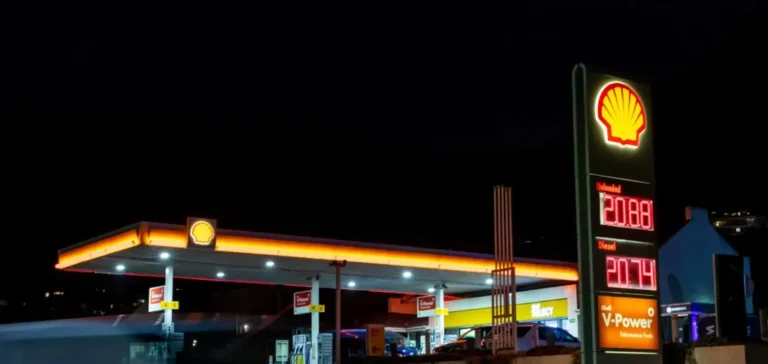After reducing its investments in onshore activities in Nigeria, Royal Dutch Shell is now focusing its efforts on high-exposure upstream projects in Africa. The current strategy centers on deepwater exploration and the recovery of onshore assets, with particular attention to strategic basins across the continent. This approach contrasts with the gradual withdrawal seen among other major industry players, notably TotalEnergies, Eni, and BP, who have opted to limit their commitments in the African upstream segment.
Restarting Operations in Libya and Diversifying the Portfolio
A memorandum of understanding was recently signed by Royal Dutch Shell for the restart of an onshore oil field in Libya. This move comes in a context where extraction operations in Libya remain vulnerable to recurrent interruptions. Several major fields, including El-Sharara and El-Feel, have experienced shutdowns following social movements and political tensions. The National Oil Corporation (NOC), Libya’s national oil company, reported at the end of August 2024 a 63% decrease in the country’s daily production due to these incidents.
In January 2025, the management of the National Oil Corporation underwent a significant change, with the appointment of Massoud Suleman as interim chairman, succeeding Farhat Bengdara. Governance and transparency issues remain central to the management of Libya’s oil sector, in an institutional environment marked by fragmentation of authorities and ongoing disagreements over revenue management.
Acceleration in South African Offshore and Regulatory Challenges
At the same time, Shell received official authorization to begin ultra-deepwater drilling operations in the Orange Basin, off the coast of South Africa. This project comes as the South African upstream sector faces a complex legal environment, marked by several disputes regarding consultation with local communities during exploration campaigns. A seismic campaign conducted in 2021 in the Wild Coast region was suspended by the Makhanda High Court in 2022, before a decision by the Supreme Court of Appeal in June 2024 partially ruled in favor of the administration, while requiring that public consultation procedures be resumed in accordance with legislation.
This evolving regulatory context exposes operators to additional delays and uncertainty in project planning. Recent decisions highlight the importance of meeting consultation obligations, an increasingly central issue for the continuation of offshore work.
Sector Comparison and Strategic Adjustments
As competitors adjust their commitments on the continent, Shell continues the selective development of its African assets, maintaining a differentiated position in the upstream segment, notably through the exploitation of liquefied natural gas (LNG). The company also adjusted some of its strategic objectives in spring 2024, postponing certain emission reduction targets without changing the pace of upstream investments.
The facts presented illustrate a gradual reshaping of energy strategies on the African continent, with a strong focus on offshore resources and a selective continuation of operations despite institutional and regulatory uncertainties. This dynamic could influence market balances and the structuring of regional energy flows in the medium term, in an environment still subject to operational uncertainties.






















